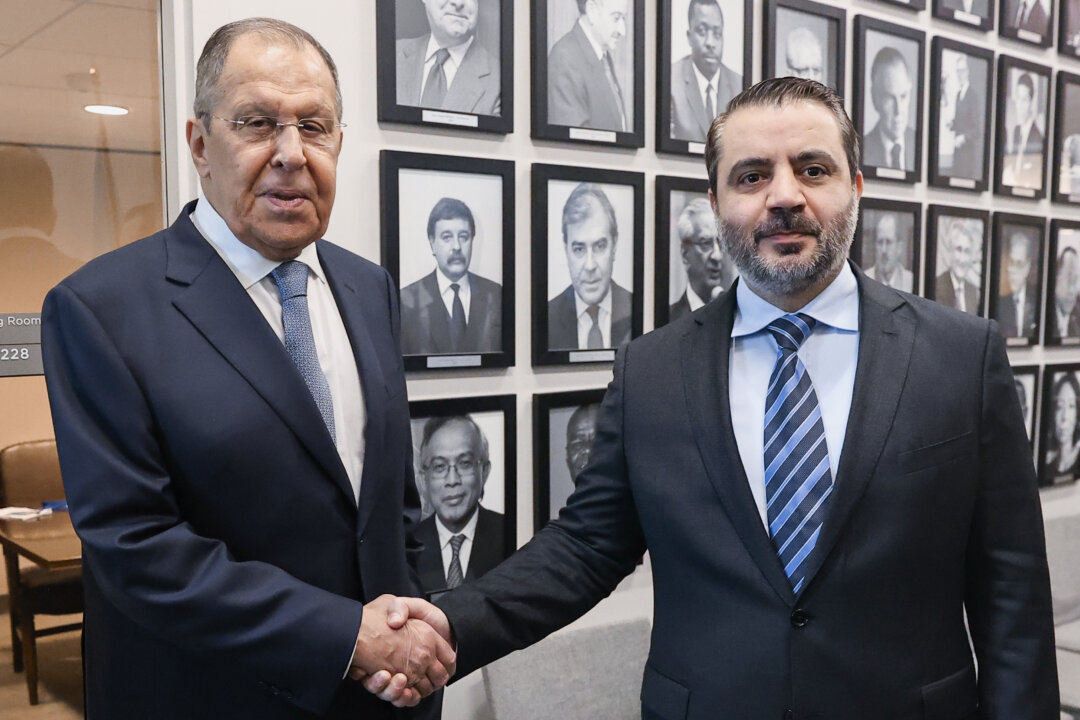Russia’s Foreign Minister Sergey Lavrov told the United Nations that his country has no intention of attacking Europe but will retaliate strongly if provoked. While tensions rise with NATO, Lavrov also adopted a noticeably measured tone toward the United States.
Russia Tells UN: No Intent to Attack Europe, but Aggression Will Get a ‘Decisive Response’

Key Takeaways:
- Russia denies any plan to attack Europe
- Kremlin pledges a “decisive response” if aggression occurs
- Lavrov’s remarks come amid growing tensions with NATO
- The foreign minister spoke in a measured tone toward the United States
The Setting
As new tensions flare between Russia and NATO powers, Foreign Minister Sergey Lavrov addressed the United Nations on Saturday to provide clarity on his country’s position. Concerns over a potential escalation in Europe have grown in recent months, and Lavrov used the UN platform to address these fears directly.
Russia’s Position
Lavrov assured world leaders that “his nation doesn’t intend to attack Europe,” responding to speculation of a Russian military move on European soil. His statement aimed to quell anxieties and underscore that Russia does not seek wider confrontation on the continent.
Response to Potential Aggression
Despite denying any aggressive ambitions, Lavrov warned that Moscow would mount a “decisive response” if it perceives any form of hostility. This language conveyed Russia’s determination to protect its interests. At the same time, the foreign minister placed the responsibility on other nations not to provoke or escalate tensions further.
Relations with the United States
Lavrov took a notably restrained approach in discussing the United States, demonstrating a desire to manage Washington–Moscow relations carefully. While tensions remain, his measured tone suggested Russia is not seeking immediate conflict with the world’s largest NATO power.
Outlook
These latest remarks reflect a delicate balance. With Lavrov’s assertions at the United Nations, Russia seeks to present itself as non-aggressive yet fully prepared to defend its interests. Whether this posture helps ease or exacerbate tensions in Europe will likely depend on responses from other international players in the weeks and months to come.











